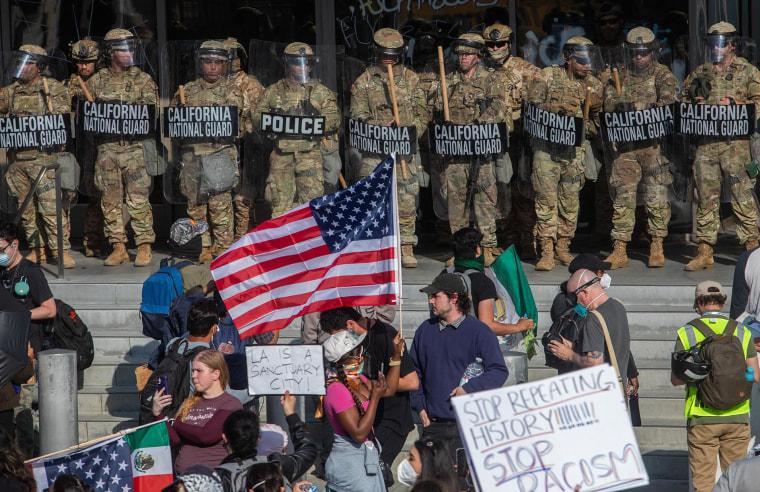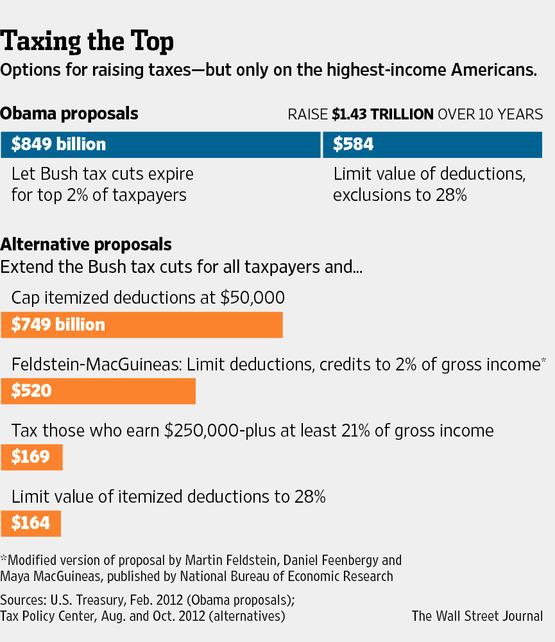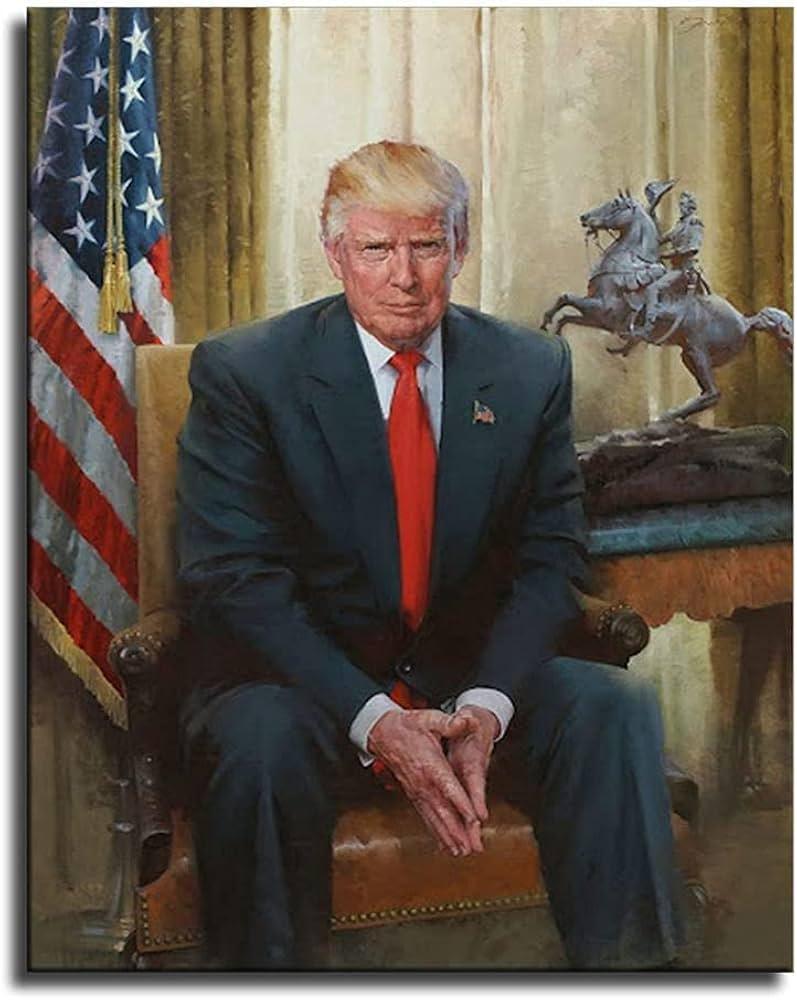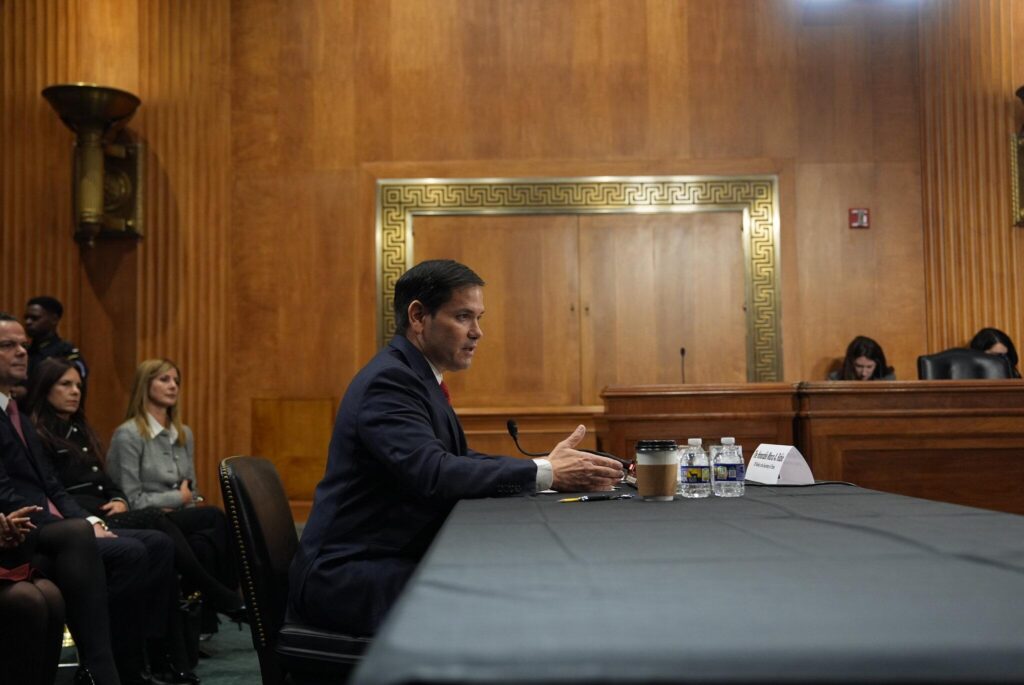In the labyrinth of political drama that has defined Donald Trump’s tumultuous journey, a new chapter threatens to unravel the complex tapestry of his controversial legacy.The potential scandal brewing on the horizon could be the pivotal moment that transforms years of speculation and controversy into a definitive reckoning, challenging the resilience of a political figure who has repeatedly defied traditional expectations and institutional norms. As layers of legal and ethical challenges converge, the question looms: Will this be the inflection point that marks the end of Trump’s political prominence, or merely another test of his remarkable political survival? In the labyrinthine world of American politics, few scandals have the potential to unravel a political titan like the current legal maelstrom engulfing Donald Trump. The recent indictment in New York, focusing on hush money payments made during the 2016 campaign, represents more than just another legal challenge – it could be the watershed moment that finally dismantles the former president’s political armor.
The intricate web of legal complications surrounding Trump has always been complex, but this particular case strikes at the heart of his carefully constructed public persona. By allegedly falsifying business records to conceal payments to adult film actress Stormy Daniels, Trump may have committed a fatal strategic error that goes beyond mere legal technicality.What makes this scandal particularly potent is its intersection of personal misconduct, campaign finance violations, and potential criminal misrepresentation.Unlike previous investigations that seemed abstract or politically charged, this indictment presents a tangible narrative of deceit that even his most ardent supporters might find difficult to rationalize.
The implications extend far beyond the immediate legal proceedings. Republican power brokers are quietly reassessing their allegiance,sensing a potential liability that could drag the entire party into a protracted legal quagmire.The mounting legal pressures create a domino effect, potentially weakening Trump’s grip on the Republican base and opening pathways for alternative leadership.
Moreover, the timing couldn’t be more precarious. With multiple investigations converging – from election interference in Georgia to classified document retention – this New York case could serve as a catalyst, transforming isolated legal challenges into a complete narrative of systemic misconduct.
The political calculus is shifting. Where once Trump’s brazen approach and loyal base seemed impenetrable,these latest developments expose vulnerabilities in his once-impregnable political armor. Each legal revelation chips away at the mythology of invincibility he has carefully constructed over decades.For Republican strategists, the calculation is increasingly pragmatic. The potential electoral damage of continued association with Trump now outweighs any perceived benefits.His legal entanglements threaten not just his personal political future but the broader Republican brand.
As the legal drama unfolds, the fundamental question emerges: Can a political movement built on perceived strength and defiance survive sustained legal scrutiny? The answer may well determine not just Trump’s fate, but the trajectory of American conservative politics in the coming decade.
The wheels of judicial accountability are turning,and this scandal might just be the mechanism that finally derails a political journey marked by unprecedented controversy and persistent challenge.










Kamala Harris Sparks MAGA Meltdown With Fourth of July Post